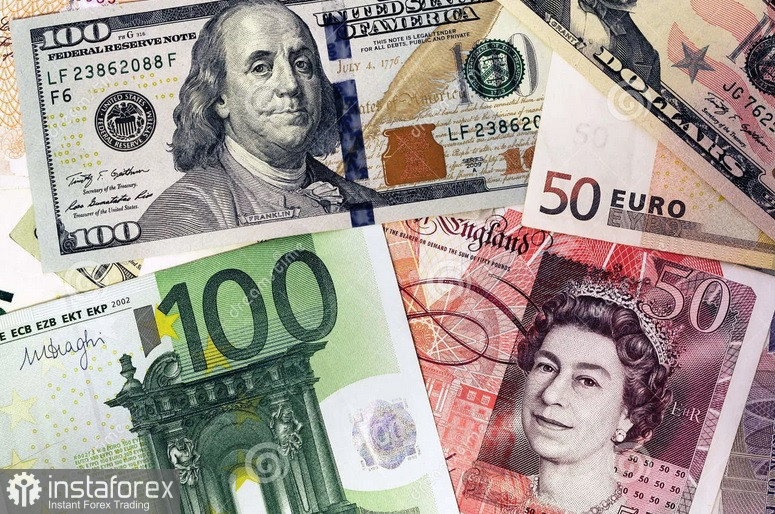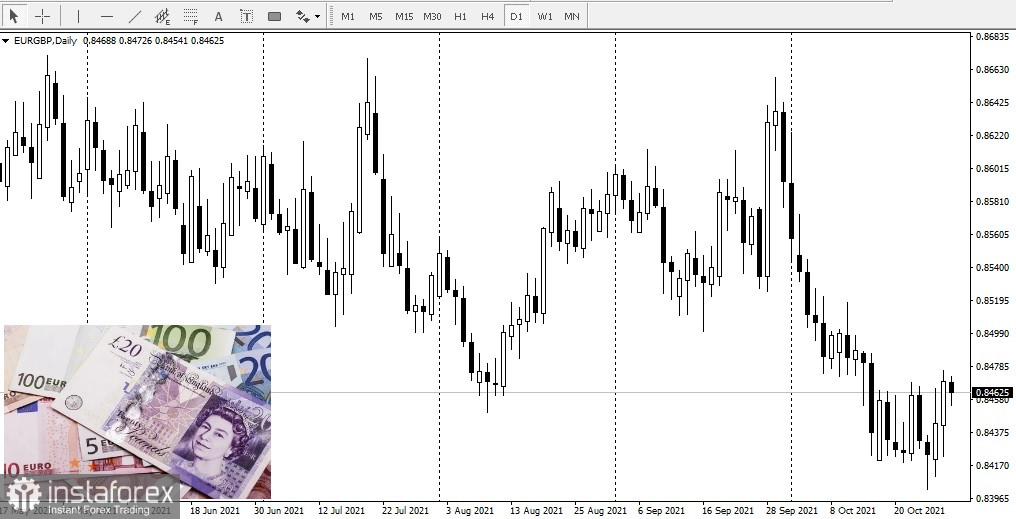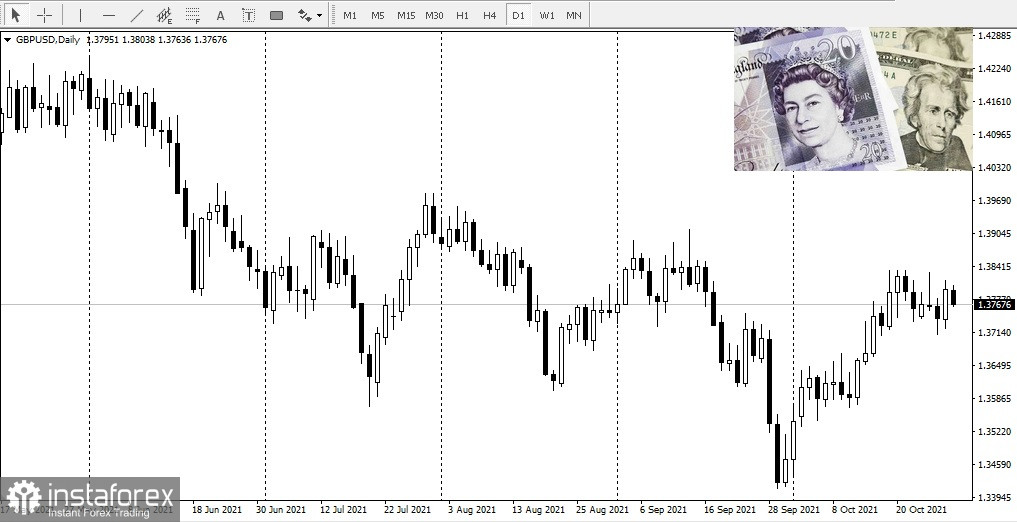
The pound sterling recovered some of its losses against the euro during the previous session, but it remained virtually unchanged against the US dollar.

On Thursday, the British currency fell against the European currency after the European Central Bank's meeting forced investors to expect a rate increase in 2022. It also did not calm their concerns about rising inflation, which led to a growth in the EU's bond yields and a strengthening of the euro.
However, the pound slightly changed its movement in early trading on Friday, when the euro plunged below the previous session's high of 84.750.
But in pair with the US dollar, it stayed the same.

This week's movement of the pound was caused by speculation about whether the Bank of England will raise rates at its meeting on November 4, or concerns about a possible long-term blow to economic growth as a result of supply chain disruptions due to the UK's exit from the EU.
On Friday, Deutsche Bank strategists said they had changed their minds and assumed that the Bank of England will raise interest rates at a meeting to be held next week for the first time after the pandemic.
The CME data also coincided with statements by Deutsche Bank strategists.
According to Citi's monthly survey conducted with the help of sociological agencies YouGov, the British public's fears regarding an increase in inflation next year climbed to the highest level since 2008 this month.





















